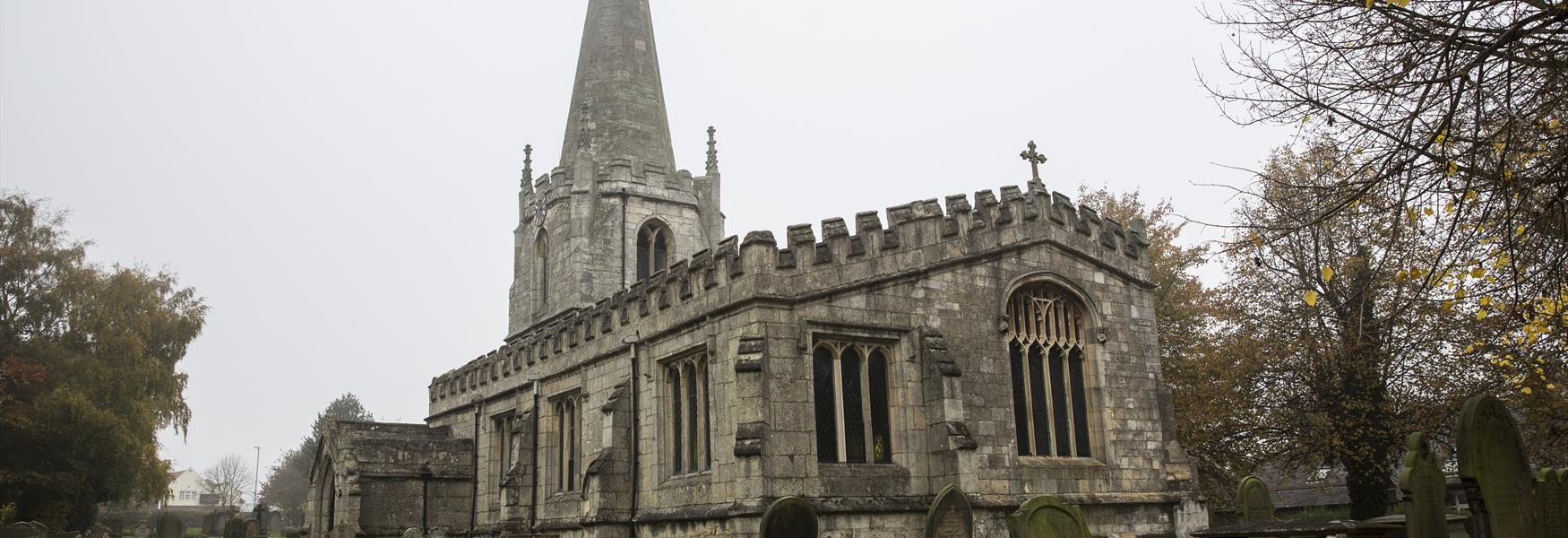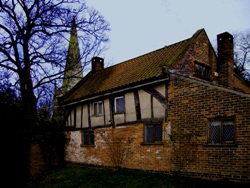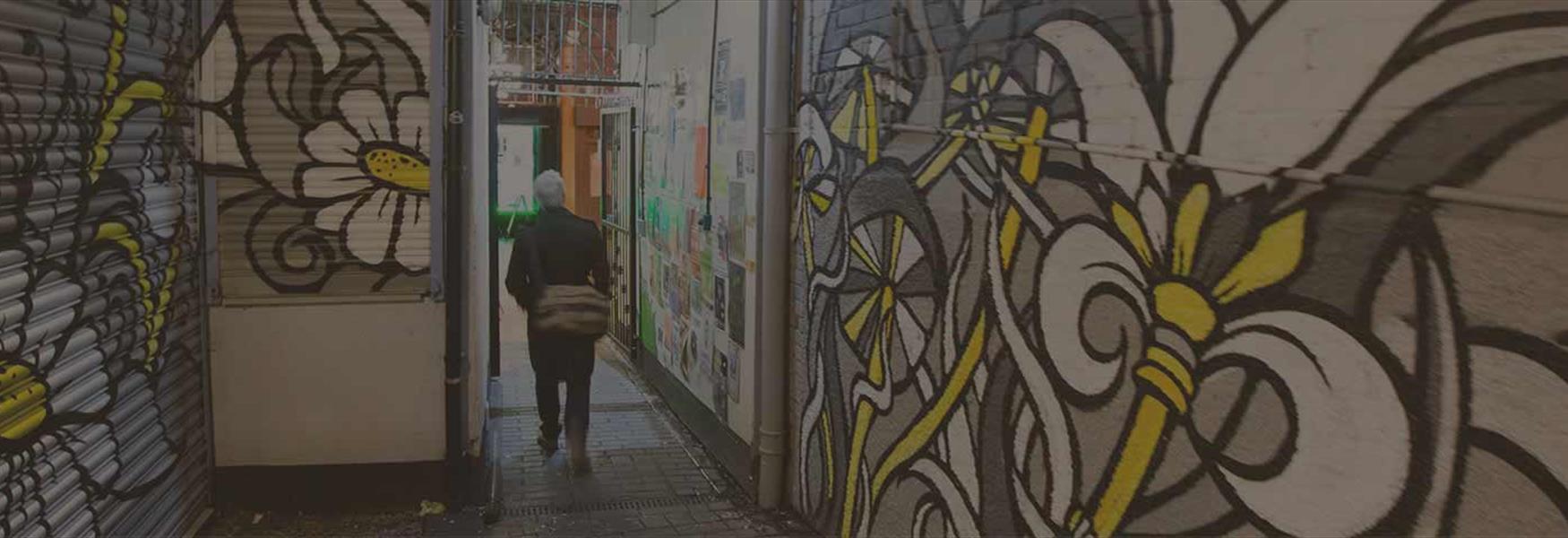To provide you with the best experience, cookies are used on this site. Find out more here.

To provide you with the best experience, cookies are used on this site. Find out more here.

To build your own Itinerary, click  to add an item to your Itinerary basket.
to add an item to your Itinerary basket.
Already saved an Itinerary?



You are here > Ideas & Inspiration > Mayflower Pilgrims > Mayflower Pilgrims Origins
 The Separatist congregation that sailed on the Mayflower in 1620 to found the New World colony of Plymouth became known as the Mayflower Pilgrims.
The Separatist congregation that sailed on the Mayflower in 1620 to found the New World colony of Plymouth became known as the Mayflower Pilgrims.
From the villages of Austerfield and Bawtry in Yorkshire, across to Nottinghamshire's Scrooby, Babworth and Sturton-le-Steeple, then eastwards to Gainsborough in Lincolnshire, the Pilgrim's steps can be traced through the Midlands.
At the start of the 1600's the Separatists were part of a wider puritan movement that wanted to reform the Anglican State Church. They saw it as corrupt. In 1604 James I and his Bishops met in conference at Hampton Court Palace and a new list of rules approved by the King was drawn up. All clergy were then obliged to conform to these rules.
But around 100 Anglican clergy refused. They were stripped of their positions and lost their living within the established Church of England. Another 200 or so initially refused to comply but changed their minds. Among these sacked, dissident clergymen were Richard Clyfton, John Robinson and John Smyth. Along with William Bradford and William Brewster, they were the principle players in the story of the Mayflower Pilgrims.
Between 1606 and 1607 William Brewster and others received summonses for non-attendance at their local churches. One by one they fled the country with their congregations. After a year in Amsterdam, they chose to move on to Leiden where they settled. But a military coup in 1618 brought about new religious suppression in the Netherlands and it was time for the Separatists to move on.
Supported by a company of English investors the Separatists obtained a charter to found a new colony in America. A first wave of the Separatist congregation would go on ahead to prepare the way for the rest to follow to the New World. And the voyage of the Mayflower had begun...
For more detailed information about the Mayflower Pilgrims' heritage, click here.
For a longer read about the origins of the Mayflower Pilgrims, click here.
© Visit Nottinghamshire 2025. All Rights Reserved






